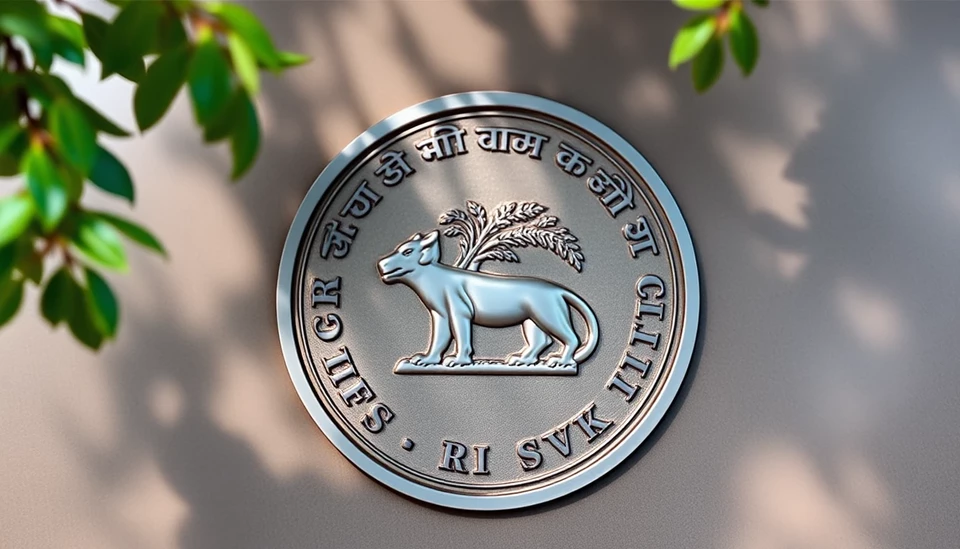
RBI's Strategic Cash Infusion Drives Down Borrowing Costs in India
The Reserve Bank of India (RBI) has embarked on a significant monetary policy shift, introducing a cash infusion strategy that markedly reduced borrowing costs across the economy. This proactive approach comes as a response to both inflationary pressures and the need to stimulate growth in an ever-evolving financial landscape.
Continue reading
Kenya Adjusts Tax Goals and Increases Borrowing Amid Economic Challenges
In a recent announcement, the Kenyan government has decided to adjust its tax collection targets downward while concurrently ramping up its borrowing plans. This strategic shift aims to address the prevailing economic challenges facing the nation, including inflationary pressures and reduced government revenues.
Continue reading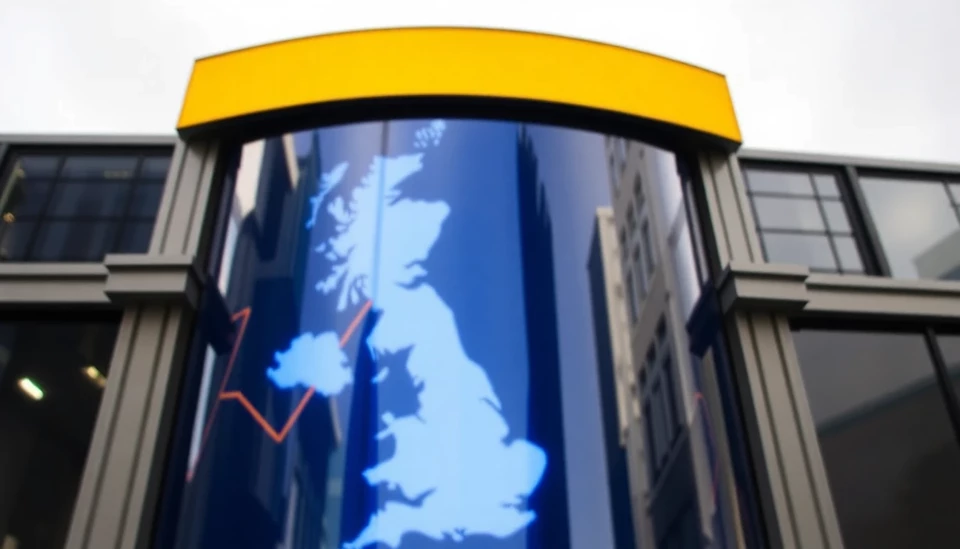
UK Borrowing Costs Surge to Levels Not Seen Since 1998 Amidst Global Bond Market Turmoil
In a troubling turn for the UK economy, borrowing costs have reached their highest levels since 1998, driven by a global sell-off in bond markets. This significant rise in yields showcases an escalating concern surrounding inflation and the potential ramifications of high governmental debt. Investors are growing increasingly wary as they navigate a landscape marked by tightening monetary policies and the looming threat of recession.
Continue reading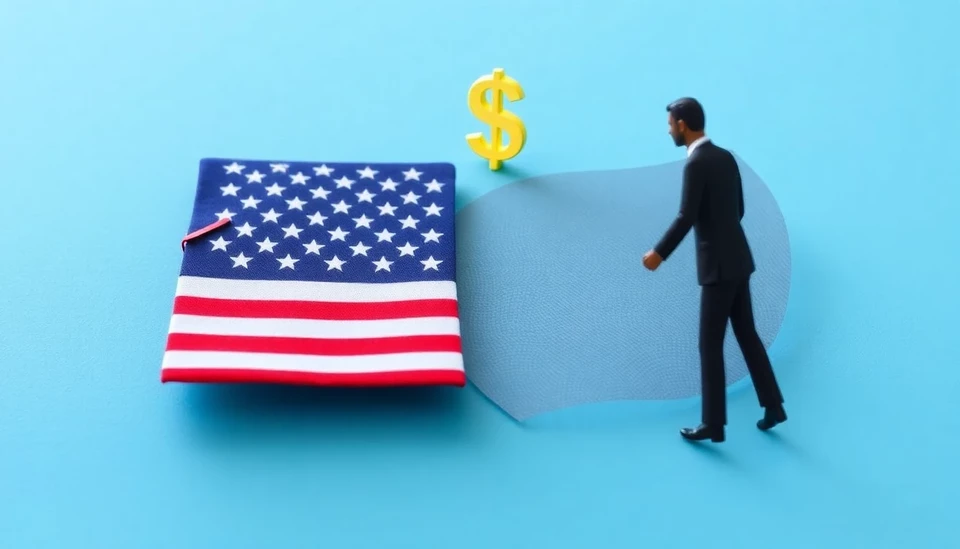
Significant Decline in US Consumer Borrowing Surprises Economists
In an unexpected turn of events, consumer borrowing in the United States has shown a notable decline, causing economists to reassess their forecasts for the economic landscape. The decrease, reported for the month of February, represents a shift in consumer behavior that signals caution among borrowers amidst rising interest rates and inflation concerns.
Continue reading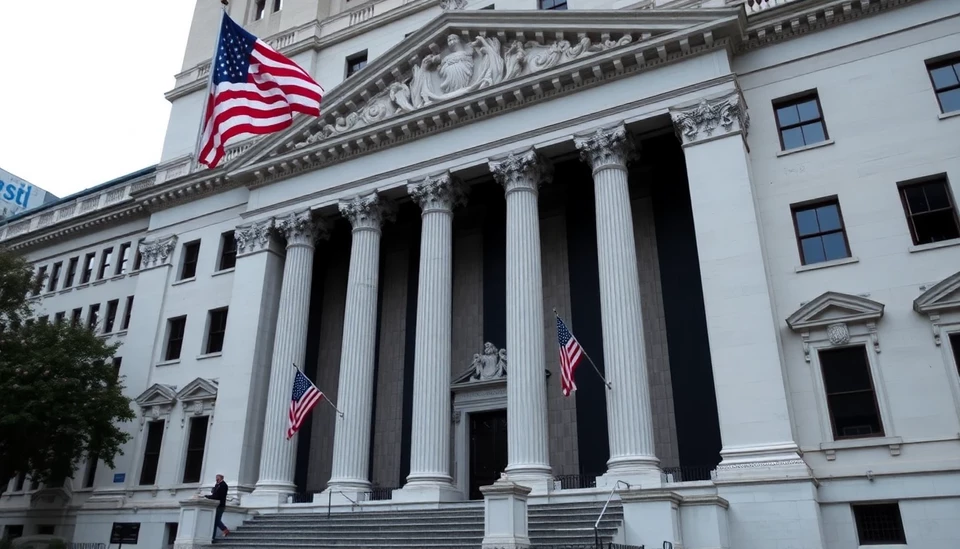
US Borrowing Costs Show Positive Trend, But Mixed Economic Signals Persist
In a recent analysis of the U.S. borrowing landscape, borrowing costs appear to be moving in a favorable direction. Nevertheless, this positive outcome stems from reasons that may not align with genuine economic health. The current climate is marked by a complex interplay between market dynamics and policy measures that are introducing both opportunities and challenges for borrowers and investors alike.
Continue reading
Potential Drop in Bank Loan Costs as PBOC Implements New Pricing Strategy
The People's Bank of China (PBOC) has unveiled a significant adjustment to its loan pricing framework, a move that industry analysts suggest could lead to reduced borrowing costs for banks across the nation. As the financial sector grapples with fluctuating interest rates and increasing pressure to stimulate economic growth, this new directive is making waves in the banking community.
Continue reading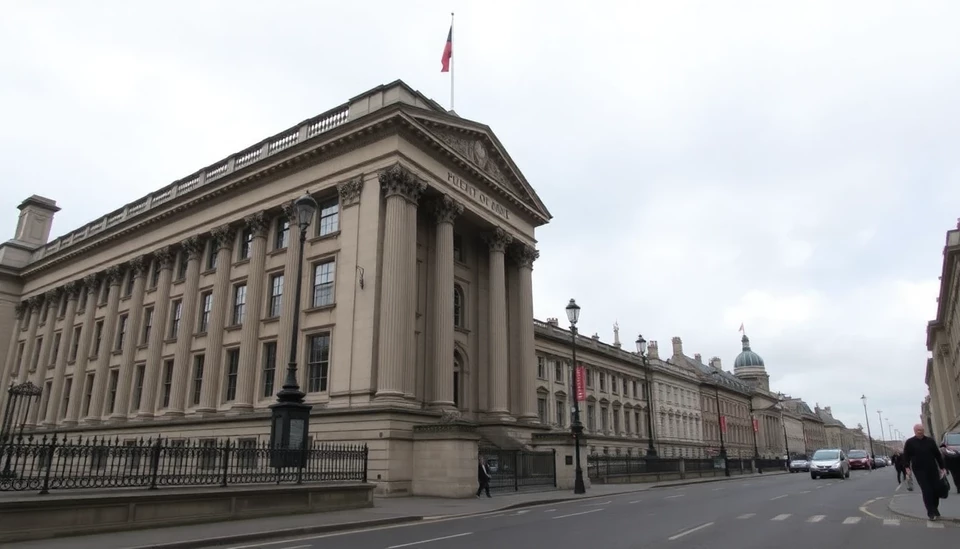
UK Government Faces Record Borrowing Overshoot Amid Economic Turmoil
In a significant development for the UK economy, recent reports reveal that government borrowing has exceeded expectations by a staggering £20 billion. This news marks a challenging moment for Chancellor of the Exchequer, Rachel Reeves, as her administration grapples with the complexities of managing the nation’s finances under unpredictable economic conditions.
Continue reading
South Africa Proposes Strategies for Improved Borrowing Oversight
In a significant move towards addressing its economic challenges, South Africa has unveiled a series of options aimed at enforcing more stringent controls over borrowing practices. This announcement comes at a time when the nation grapples with rising debt levels and a pressing need for fiscal reform.
Continue reading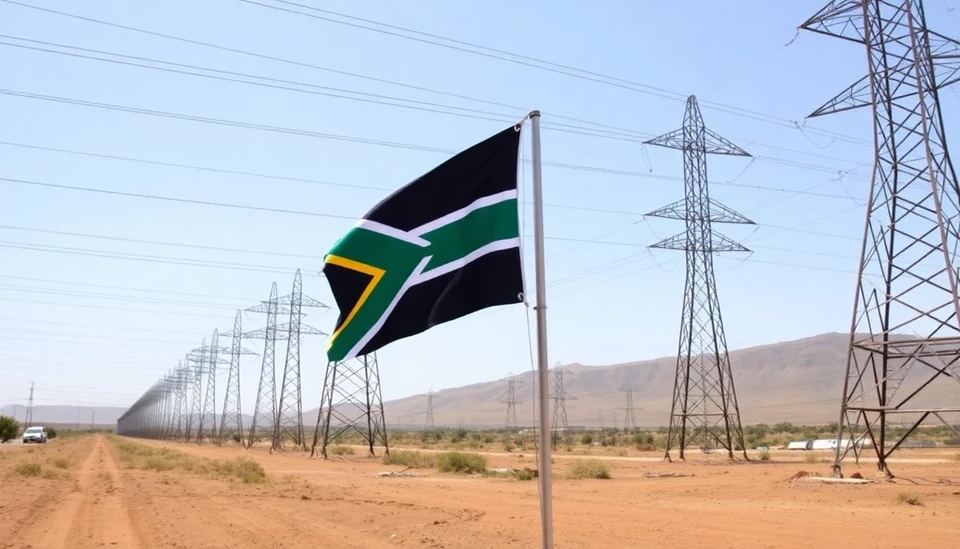
South Africa's Borrowing Requirements Increase Amid Eskom Transfer Cuts
In a significant shift in fiscal policy, South Africa has raised its borrowing requirements, influenced largely by cuts in the financial support to the embattled state utility, Eskom. The announcement has raised alarm among investors and analysts, who are closely monitoring the economic implications of the country's increasing debt needs and its impact on fiscal stability.
Continue reading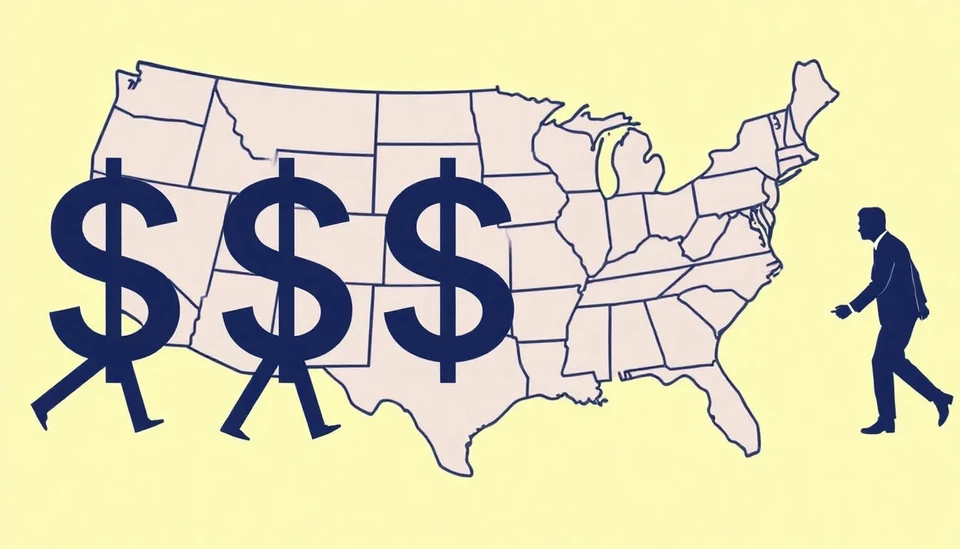
US Consumer Borrowing Sees Slower Growth After Previous Surge
In a notable shift in economic trends, consumer borrowing in the United States has reported a deceleration following an impressive near-record increase in previous months. The latest data indicates a clear cooling in consumer credit, sparking discussions among economists about potential implications for the broader economy.
Continue reading